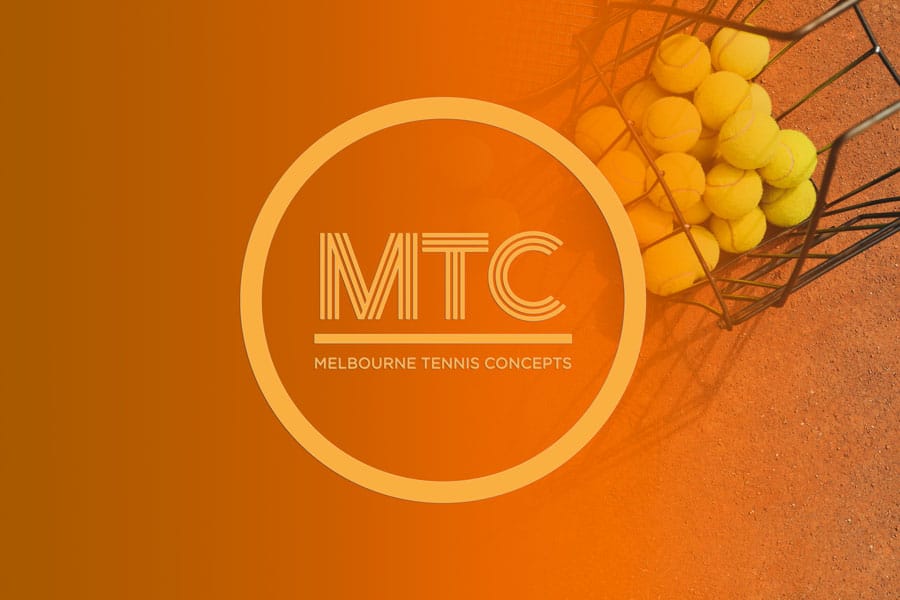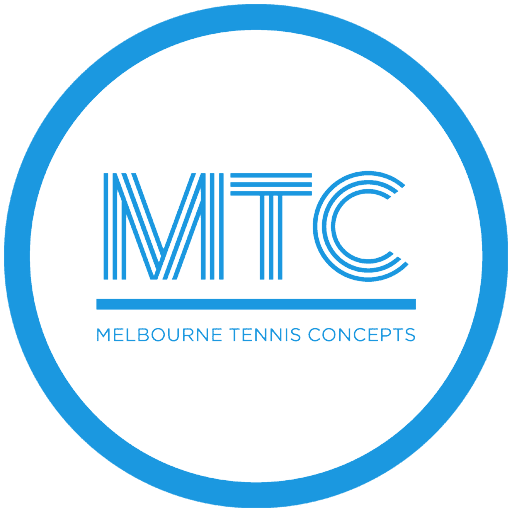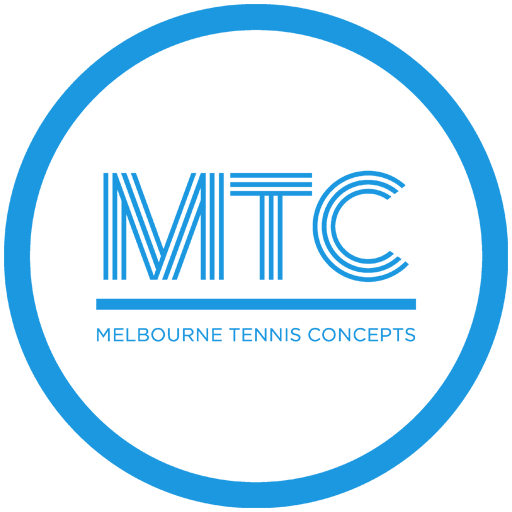Being a tennis coach is a rewarding job, but it is one that comes with its challenges too.
A healthy player-coach relationship is built around communication, teamwork and shared values. So as you can imagine, it is not one-size fits all – and sometimes a lot of time is needed to be able to work well together. A good coach has a wide range of attributes. This includes an ability to recognise teachable opportunities and strong communication skills. Listening and reading situations well is just as vital. Every athlete learns differently, so coaches need to be adaptable and offer varying learning tools and techniques. This is paramount to establishing successful, enduring relationships. It is also important to be able to bring a sense of fun and remember there are times when it is okay to laugh.
Delivering Results

How do you best build a healthy player-coach relationship?
The first step is understanding. Reviewing skill capabilities, identifying strengths and weaknesses, and developing a skills development plan at the start of the relationship helps this process. Like any relationship it takes time to feel comfortable together. Be patient and work on building trust. Players need to recognise you are a team working towards a common goal, so establishing a cohesive team environment is important. How do you do this? By setting targets together and developing shared values.
Managing expectations is just as crucial. This also extends beyond the athlete to their wider support network and in particular to parents, who may have visions of fame and grandeur for their children. Consistent communication on how to best deal with both success and failure helps manage this. A coach needs to assist players and their families to maintain realistic and positive perspectives through inevitable highs and lows. Like all sports, tennis involves a long and winding road of development encompassing a wide range of challenges.
A NEW VOICE: The addition of former world No.1 Carlos Moya to Rafael Nadal’s coaching team this season has proved an inspired move.
What do you do if the relationship isn’t working well?
That is when open and honest discussion becomes even more critical. Seeking feedback is important, and difficult conversations often involve the coach doing more listening than talking. Redefning goals and boundaries is essential, as is a focus on teamwork and re- establishing trust. Agree to a timeframe for reviewing the player-coach relationship and defne what criteria and key success factors will be measured. If these are not met or cannot be easily fxed, it may be best to end the relationship. When a lot of time and effort has been invested into building the relationship, it is important not to make major decisions in an emotional state. After a disappointing loss or setback, it is often easier to find someone else to blame or make drastic knee-jerk decisions. Both coaches and athletes need to be aware of this and learn how to control their emotions in such circumstances.

Is having diferent voices an advantage or disadvantage?
A lot depends on the individual athlete and their stage of development. Diferent voices can be dangerous, even for the most experienced athletes. The key is to ensure a consistent and seamless message from coaches and support staf. Everyone needs to be working towards the same goal. For the most experienced of athletes a new voice can be a breath of fresh air, provided it does not undermine current player-coach relationships. The inclusion of Carlos Moya this season to the long-establishing coaching arrangement of Rafael Nadal and his uncle Toni is a prime example.
An ever-changing role
Coaching has evolved markedly over time. Players are more educated today and can quickly access information within seconds to either support or dispute a point of view. This means coaches need to be more accountable and can not get away with flippant throw away lines. Being super prepared is more important than ever, along with supporting views with visual clarity and rock-solid evidence. The most effective coaches in today’s tennis environment have fine-tuned listening skills and can capitalise on key coaching moments with insight and clear communication.
RESPECTED ROLE: Novak Djokovic is now working with former world No.1 Andre Agassi, while Eugenie Bouchard reunited this season with Thomas Hogstedt for a second stint working together.
Trust your coach
Coaches were once athletes in your position. They understand the pressures and frustrations of chasing improvements. A high-quality coach always has a development plan in place and your trust as an athlete is essential. If you don’t fully understand your coaches’ intentions, ask for clarification. In my case, my most rapid development as a player was when my former coaches and I had a shared vision for my game. It was clear and focused on the importance of the coach and player as a team, and instilled a sense of belief in my talent and abilities. It is something I now try to do with the athletes I work with. The most rewarding part of being a coach is seeing athletes improve and achieve their goals. Coaches work hard to help you, so be prepared to work hard with them and together you can deliver results.
Steve Blundell, is a Tennis Australia talent development coach, currently working with girls aged 12–15. He is a former director of 5th Dimension Tennis and ha worked with many WTA- level players, as well as coaching numerous state and national champions.

